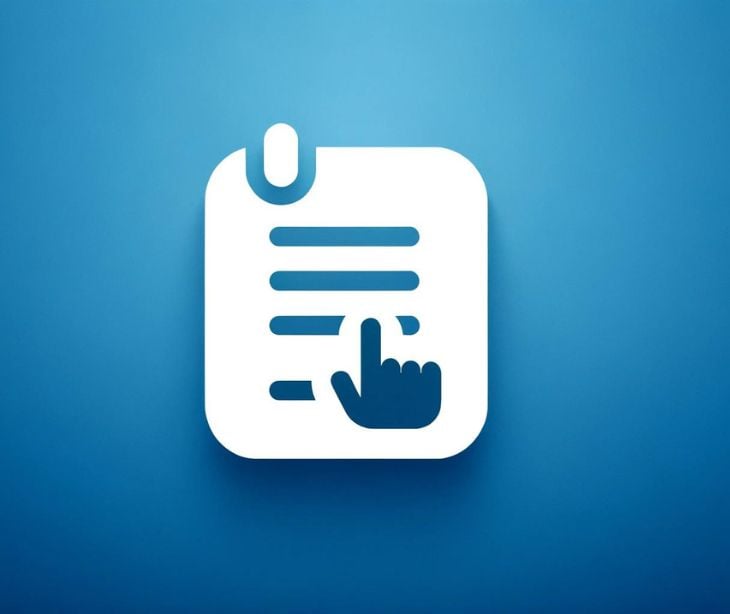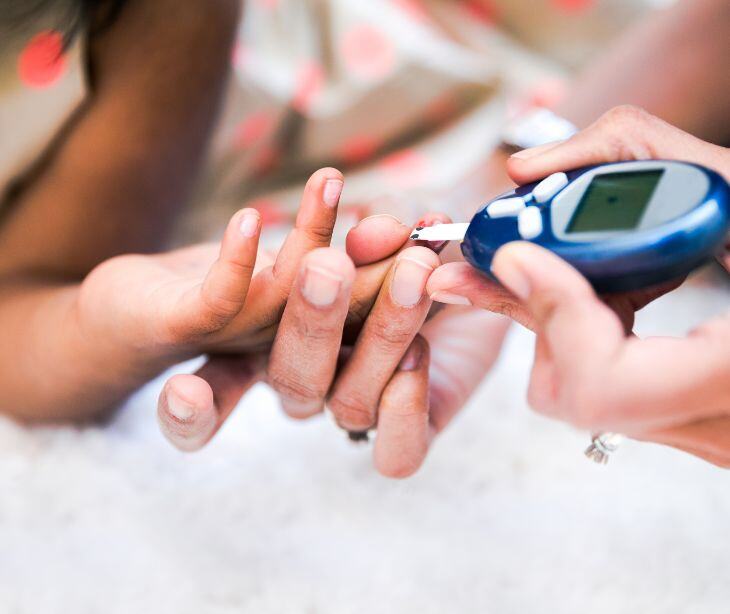2 min read
Using HIPAA compliant forms to protect adolescent substance use data
Caitlin Anthoney December 18, 2024

Healthcare providers increasingly rely on screening tools like the CRAFFT to assess and address risky behaviors among adolescents. Although the CRAFFT is a standardized assessment tool, providers must use HIPAA compliant forms to store and share the results securely.
What is the CRAFFT screening tool?
The New York Office of Addiction Services and Supports states, “The CRAFFT screens youth under 21 for alcohol and other drug use and is recommended by the American Academy of Pediatrics.”
There are two primary versions:
- CRAFFT Version 2.1: Includes three questions focused on alcohol and drug use.
- CRAFFT Version 2.1+N: Adds a fourth question to screen for tobacco use and vaping.
Both versions are available in English and Spanish and can be self-administered or conducted during a clinician interview.
According to a study on the predictive validity of the CRAFFT for substance use disorder, “CRAFFT has good concurrent validity for problematic substance use and substance use disorders (SUDs) in pediatric emergency department (PED) patients and is useful in predicting SUDs at up to 3 years follow-up but with limited sensitivity.”
Why CRAFFT screening requires HIPAA compliance
While the CRAFFT is a standardized tool, the information it collects qualifies as protected health information (PHI) under HIPAA. It includes details about a patient’s alcohol, drug, or tobacco use recorded during the screening process. So, mishandling these responses could expose patients to stigma, discrimination, or breaches of confidentiality.
Like, if a patient admits to using substances alone or engaging in risky behaviors and the data is improperly shared, it could harm their reputation or future opportunities.
Using HIPAA compliant forms helps providers safeguard sensitive responses, maintain patient trust, and reduce the risk of costly legal violations.
How to create HIPAA compliant CRAFFT forms
Choose a secure solution
Providers must use a HIPAA compliant solution, like Paubox Forms, with advanced security features, including:
- TLS encryption to prevent unauthorized access.
- Secure data storage to protect records from cyber threats.
- Multi-factor authentication so only authorized staff can access patient data.
Furthermore, the HIPAA compliant solution must sign a business associate agreement (BAA) to confirm their role in protecting PHI.
Obtain informed consent
Healthcare providers must inform patients about how their data will be collected, used, and stored before administering the CRAFFT.
Implement role-based access controls
Healthcare organizations can use role-based access controls to restrict access to CRAFFT screening results to authorized personnel only. These controls can give clinicians access to responses to provide care and develop treatment plans while restricting non-clinical administrative staff.
Why providers should use HIPAA compliant CRAFFT forms
Prevents legal penalties
Breaches of PHI can result in substantial fines and reputational damage. HIPAA compliant forms secure PHI during transit and rest, helping providers avoid these risks.
Enhancing patient trust
Adolescents may be reluctant to disclose substance use behaviors unless they feel confident that their information will remain private. Using HIPAA compliant forms can help providers reassure patients that their data is protected, promoting honest communication.
Customizable templates
HIPAA compliant solutions, like Paubox, offer customizable templates that streamline the data collection process. For larger organizations, these solutions allow consistent implementation of CRAFFT screenings across multiple clinics, promoting standardized care.
Supports risk management
HIPAA compliant forms help providers maintain documentation in cases of audits, legal disputes, or malpractice claims. Like, if a patient later develops a substance use disorder, the screening record can show that the provider identified the risk and addressed it in a timely manner.
FAQs
Can minors provide consent for HIPAA compliant forms?
Depending on state laws, minors may be able to provide consent for the use of HIPAA compliant forms if they have the capacity to understand the implications of their decision and are authorized to do so by law or their legal guardian.
However, if the adolescent is unable to provide consent independently, their legal guardian or parent may act on their behalf to provide consent for the use of HIPAA compliant forms.
Can HIPAA compliant forms be used to collect non-health-related information?
Yes, HIPAA compliant forms can be adapted for different purposes, like gathering contact information or demographic data.
How often should HIPAA compliant forms be audited?
Providers should conduct regular HIPAA compliance audits at least once a year. Regular audits help ensure non-compliance issues are promptly identified and addressed, reducing the risk of data breaches and penalties.
Go deeper: How to conduct a HIPAA compliance audit
Subscribe to Paubox Weekly
Every Friday we'll bring you the most important news from Paubox. Our aim is to make you smarter, faster.



